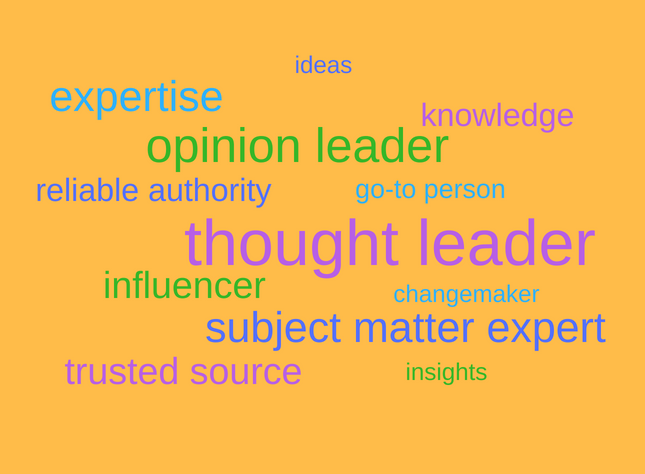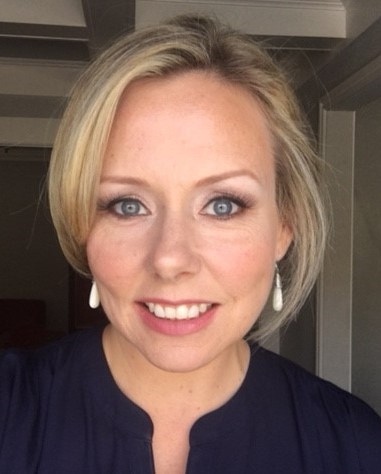Driving higher ed communications through thought leadership
By Sharon Aschaiek | August 22, 2018

Sometimes, it’s not what you say, but who says it.
It’s an important point to keep in mind in your communications planning for your higher education institution. It’s usually central and/or department/faculty communication teams who take the lead on conceptualizing, developing and executing communications for universities and colleges. But other members of your school’s community can also play a vital role in promoting your school.
Cultivating thought leaders
Take, for example, the approach under way at the Keck School of Medicine at the University of Southern California. A couple of years ago, the school was looking to drum up interest in its relatively new Master of Public Health Online program. The school engaged Circa Interactive to help them out. In considering a solution, they recognized that when prospective graduate students are assessing programs, they are evaluating whether the professors are actively involved in their field of interest and could be good mentors.
This insight led to a strategy of transforming some of the program’s instructors into thought leaders. The process involved conducting in-depth interviews with the professors to gauge which research areas they would feel comfortable discussing publicly. They then set about identifying opportunities for the participants to write opinion pieces or do media interviews about current affairs in their areas of expertise.
Sharing expertise

One of the faculty members who has been involved in this campaign is Dr. Mellissa Withers, an associate professor of preventive medicine, and the director the Global Health Program of the Association of Pacific Rim Universities. Withers’ research interests are global reproductive health and women’s empowerment, with a particular focus on human trafficking, HIV/AIDS prevention and family planning. Circa helped Withers secure her own blog for the website of Psychology Today, which has a readership of 10 million. The blog is called Modern Slavery: The Psychological Complexities of Human Trafficking, and Withers has written about topics such as the links between domestic abuse, homelessness and trafficking; trauma-informed care; and pimp culture glorification. Withers develops the blog posts with assistance from the Circa team, who may provide story ideas or conduct research on topics.
“When you publish about your research in a scientific journal, maybe a few hundred people read it. Now, I get a much wider audience and I can see the real-world impact, so that’s very exciting and rewarding,” says Withers, who spoke about the project with Circa at the 2018 eduWeb Digital Summit in the seminar, “Why Faculty Are One of Your Greatest Marketing Assets.”
Withers’ blog posts, for which she writes about five times a year, have become among the most-read on the Psychology Today website. They have helped raise Withers profile as an expert in human trafficking, and have led to opportunities to comment on this issue for various media outlets and forums such as Yahoo News and The Hill. Withers appreciates not being restricted by the print cycles of research journals when she wants to share her views, but being able to respond in real time to current events, like she did last year in an editorial The Hill that criticized President Trump’s attempt to defund Planned Parenthood as a violation of women’s reproductive rights.
Each article Withers writes, whether on her blog or for a media outlet, mentions her role as a professor in the Master of Global Health Online program and features a link to the program. Two years into this initiative, the results show a steady increase in organic traffic to the program’s website. Her articles are shared on social media by her readers, as well as by the social media teams at the Institute for Global Health and across USC, which further boosts the profile of the program.
Faculty benefits
The advantage of this kind of communications initiative is that it also directly benefits Withers’ career. She regularly hears from readers working in similar areas who are seeking her input or collaboration on their projects. A few times, she has been asked to testify as an expert witness in court trials involving human trafficking – work that she finds especially rewarding.
“These articles I write probably don’t count on my tenure record, but to me, they get my work out to many more people,” Withers says. “I don’t want to do research just for the sake of doing research. I want to make a difference in women’s health.”